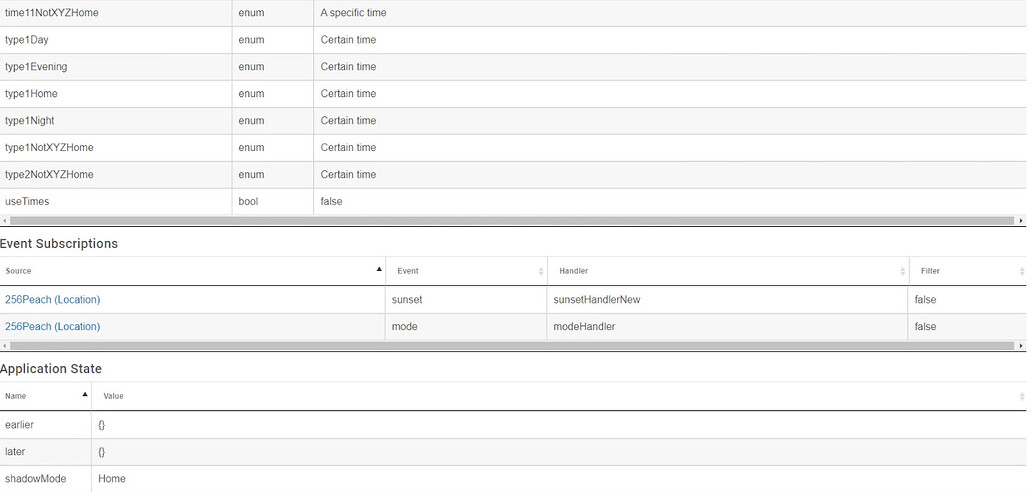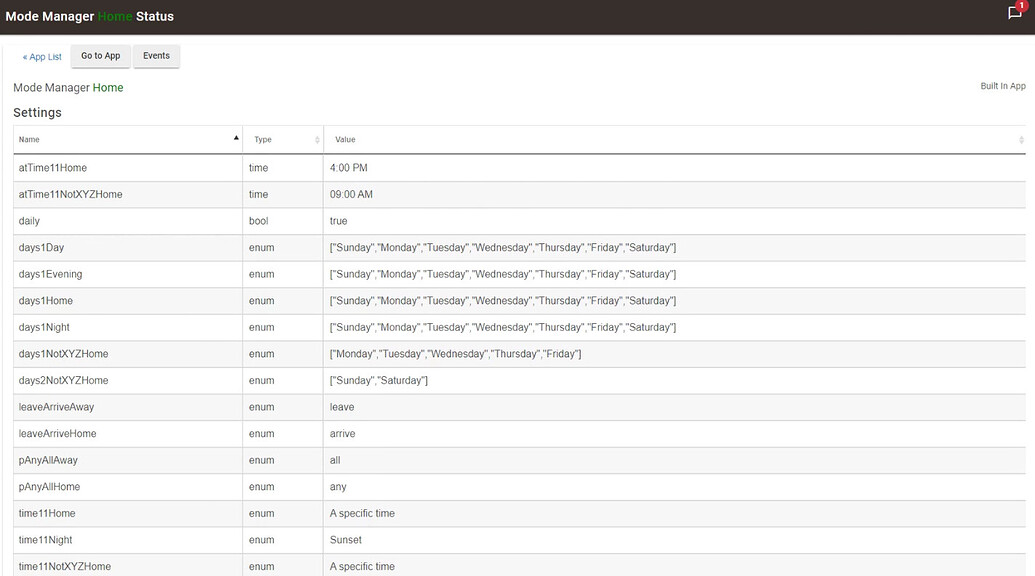

Customers can request a refund in writing from the utility which will be valued at the Rider RE rate. When a customer's solar panel system generates more energy than they use in a month, the customer receives net metering credits, which are accrued over a 12 month period. Customers are separately responsible for the monthly Basic Facilities Charge. Any accrued credits will be reset to zero on May 31st each year and cannot be used to offset Basic Facilities Charges or Demand Charges. When a customer's solar panel system generates more energy than supplied by Duke Energy, the customer is credited the excess kWh during next month's billing period.

The customer is still responsible for paying the monthly customer charge. These credits do not expire, but if the customer discontinues net metering, all excess credits are granted to Duke Energy. When a solar panel system generates more energy than supplied by Duke Energy, the customer is credited the excess kWh in the next billing cycle. The customer is separately responsible for paying the monthly connection charge. These credits never expire, but if the customer discontinues net metering, all excess credits are granted to Duke Energy. At the end of each calendar year, Duke Energy credits the customer for any unused net metering credits at an annual rate based on the COG-1 tariff. FloridaĪny excess energy generation at the end of the billing month is credited to the customer's energy consumption for the next billing cycle. Your excess net metering bill credits from Duke Energy will be treated differently depending on where you live. What will happen to my Duke Energy net metering bill credits? Unused credits are paid out annually in March - you can view the current electricity rates in South Carolina on Duke Energy's website. Net metering credits are allocated monthly at a rate of 10 to 11 cents/kWh. In South Carolina, solar PV systems fall into one of two categories: Net metering credits are determined at Rider RE, Retail Energy rate which recovers costs related to supplying energy. Most residential customers have Level 1 systems. Levels 2 and 3 are non-inverter projects greater than 25kW. Level 1 inverter based projects up to 25kW. Ohioĭuke Energy has three levels of generating facilities for net metering contracts. You can view the current electricity rates in North Carolina on Duke Energy's website. Nonresidential systems, which are capped at 1,000 kW.Residential systems, which must be 20 kW or less.In North Carolina, solar PV systems fall into one of two categories: You can view the current electricity rates in Kentucky on Duke Energy's website. Most residential solar panel systems are Level 1. Level 2 includes installations greater than 30kW.


Level 1 includes installations sized at 30kW and under that use a UL 1741 compliant inverter.Kentuckyĭuke Energy Kentucky has two tiers for net metering systems: You can view the current electricity rates in Indiana on Duke Energy's website. Duke Energy Indiana's current rate for Residential and Farm Electric Service is approximately 11 cents/kWh, and also requires a connection charge of $9.40/month.
#Duke energy power manager thermostat program install#
Most residential customers in Indiana will install Level 1 systems. Level 3 covers all systems greater than 2 MW.Level 1 systems are less than or equal to 10 kW.In Indiana, Duke Energy has three levels of generating facilities for net metering contracts: You can view the current electricity rates in Florida on Duke Energy's website. Most residential customers fall under the Tier 1 Generating Facilities category. Tier 3 Generating Facilities are between 100kW and 2000kW.Tier 2 Generating Facilities are between 10 kW and 100 kW.Tier 1 Generating Facilities are less than or equal to 10 kilowatts (kW).Floridaĭuke Energy has three tiers of generating facilities for net metering contracts: Rates and prices for Duke Energy net metering vary from state to state. What are Duke Energy’s rates and prices for net metering?


 0 kommentar(er)
0 kommentar(er)
